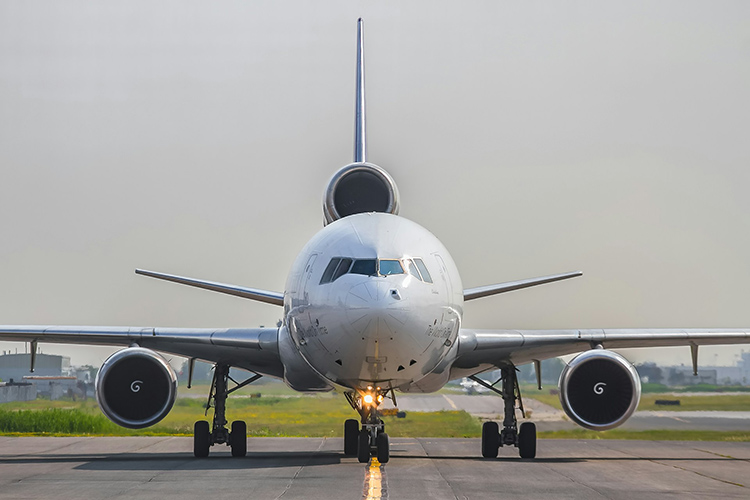Already on the forefront of developing sustainable aviation fuels (SAF), Brazil’s industry received a big boost recently when a United Nations body certified that Brazil’s SAF production is cleaner than America’s.
But recent decisions by the Trump Administration make it hard for Brazil to expand its sales and challenge U.S. leadership in SAF production.
The International Civil Aviation Organization’s (ICAO) 36-member council announced in June that its CORSIA standards would recognize the environmental benefits of multicropping—growing more than one crop per year on the same piece of land. Brazil’s use of multicropping means its fuel requires less carbon to produce compared to SAF typically produced in the U.S.
It was the latest ICAO acknowledgement of Brazil’s growing SAF industry.
“Brazil has a well-recognized potential to be one of the most important SAF producers in the world, and this comes from a longstanding tradition,” says a report published by ICAO.
The report highlights Brazil’s October 2024 Fuels of the Future law, which seeks to increase use of SAF. The law requires that airlines operating domestic flights in Brazil reduce a percentage of their CO2 emissions each year by replacing fossil fuels with SAF, starting at 1% CO2 reduction in 2027 and increasing to a 10% reduction from 2037 onwards.
A need to scale up
SAF is produced by refining sustainable feedstock, including agricultural waste, captured carbon, and energy crops. This fuel has the potential to reduce carbon emissions from commercial air travel by 70%, and it can be dropped into existing jet engines.
Producing large quantities of SAF would likely require use of corn grown as an energy crop, so the SAF industry could drive up demand for corn.
Understandably, the technology has big support from corn-belt politicians in the U.S., including Sen. Chuck Grassley (R-Iowa). Grassley successfully prodded President Trump to continue 45Z clean fuel production tax credits, which incentivize SAF development, even as Trump’s One Big Beautiful Bill Act eliminated many other tax credits for alternative fuels.
But the 45Z tax credit does not cover fuels made outside of North America, so Brazilian-produced SAF would not be eligible, as Bloomberg notes. The new U.S. tariffs on Brazilian imports are another barrier to Brazil entering the U.S. SAF market.
While the protections for U.S. SAF should allow America’s industry to grow, it is still not achieving the scale needed to be fully commercially viable.
Last year, U.S. SAF production grew from about 2,000 barrels a day in January to nearly 30,000 barrels a day by year’s end. But that’s still a drop in the fuel tank compared to the 1.6 million barrels per day of petroleum jet fuel consumed in the U.S, in 2023.
Until SAF can be produced at a scale closer to the actual demand, airlines cannot commit to using the alternative fuel, and it cannot be sold as cheaply as petroleum-based jet fuel, experts say. Therefore, the U.S. should welcome further sources of fuel, argues Marcela Anselmi, who oversees the energy transition division at Brazil’s Civil Aviation Agency, according to Bloomberg.
“Aviation needs to meet its objectives,” Anselmi was quoted as saying. “There is no self-sustainable production in the United States that can handle such a large market.”














